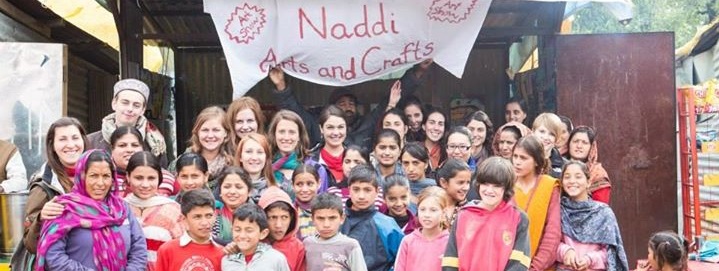 |
| Success!! Interns had a great time at the organic farm camp!!! |
Our teachers were experts in the fields on organic and bio-dynamic farming, some working for the government training centers of Uttarakhand, and some farmers themselves. They were kind enough to share with us their knowledge of the field and let us ask copious amount of questions.
Eight members of EduCARE completed a three-day course which included lectures and practical lessons on the basics of bio-dynamic farming – which in the very simplest terms means “How to make cow poo work for you”. The method was developed in New Zealand, and later brought to India, where it has caught on widely in some regions, and presents a promising alternative to conventional, chemical farming. It uses cow dung and urine, green manure, compost and vermiculture systems to create a completely closed-circle sustainable farm, complete with natural growth hormones, pesticides, fertilizers and seeds, all produced on-site. The bio-dynamic method also incorporates the astrological calendar when determining dates of sewing, harvesting, fertilizing and general farm activity.
Although it is empty at the moment, the farm hosts a bee-house where honey is produced, and 4 cows which produce enough by-product to sustain the entire 24 acre farm. It is also the largest producer of vermilian extract in India.
We were introduced to several different composting methods, seed storage methods, and pesticide recipes, and of which we would like to see working on the EduCARE farm in Sotla in the future. We were also surprised and happy to hear that bio-dynamic and organic farms produce just as much crop as a chemical farm – which we know is a huge concern for farmers who sustain themselves and their families on their land.
We are sincerely grateful to the organizers and teachers of our course for giving us some of the tools we need to make our farm a productive and sustainable example for local farmers in the Bhunga Block, and throughout India.
Here is another really interesting website on organic farming and organic products from Uttarakhand!

No comments:
Post a Comment